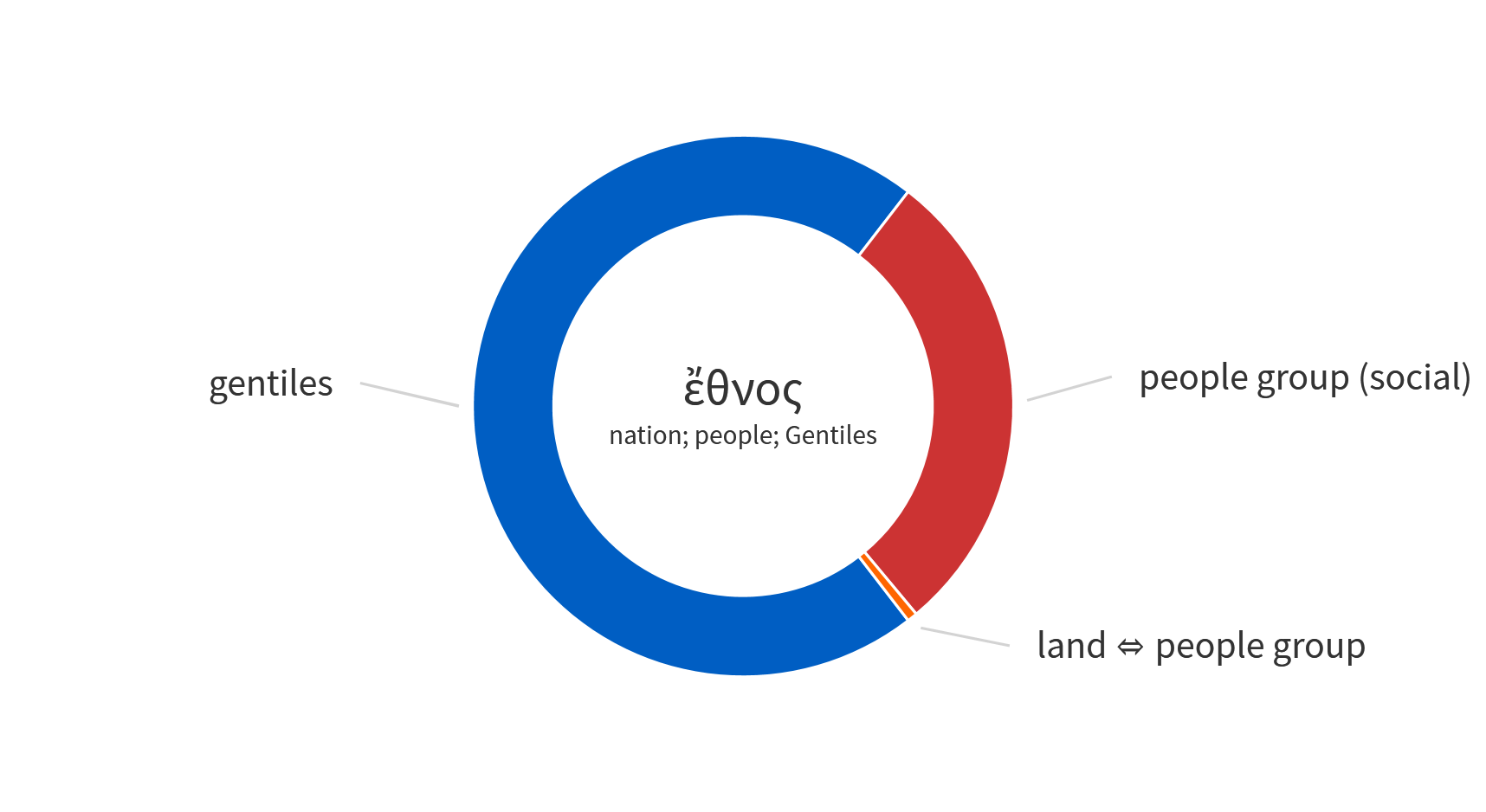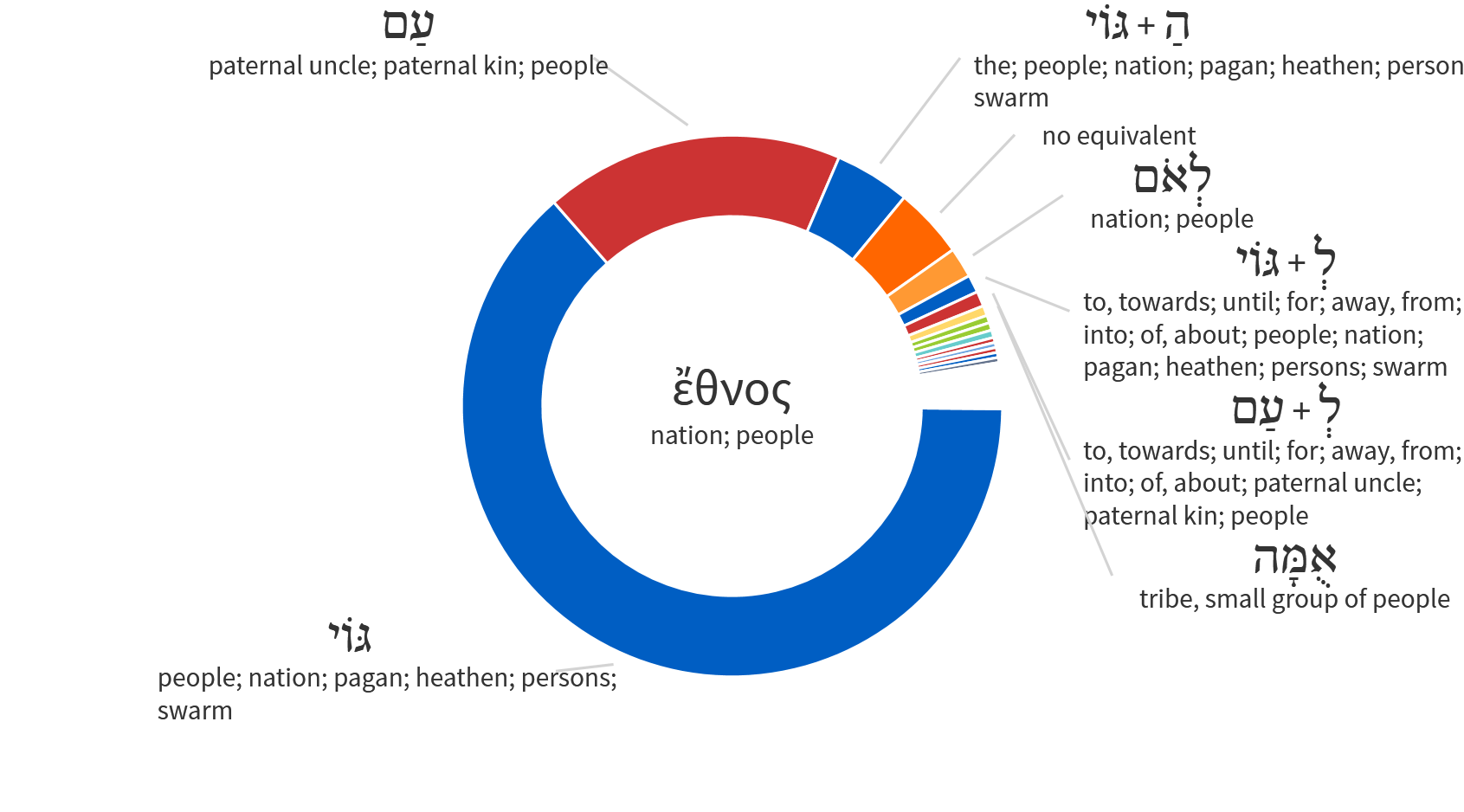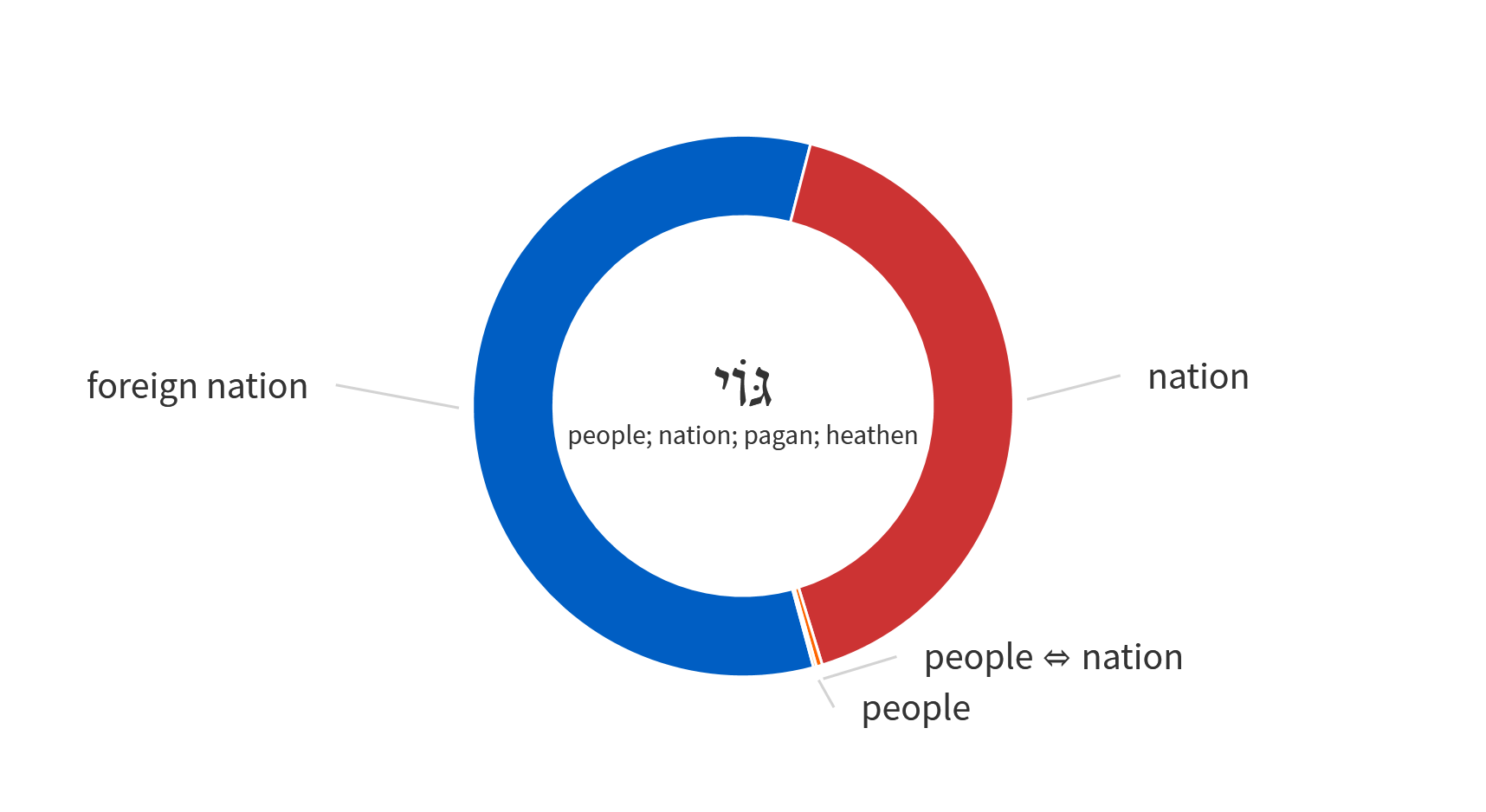Matthew 28:19
New International Version
Therefore go and make disciples of all nations, baptizing them in the name of the Father and of the Son and of the Holy Spirit,
Good News Translation
Go, then, to all peoples everywhere and make them my disciples: baptize them in the name of the Father, the Son, and the Holy Spirit,
Literal Emphasis Translation
Go therefore, disciple all the ethnicities, baptizing them into the name of the Father, and of the Son, and of the Holy Spirit;
The Greek word G1484 ἔθνος (ethnos) appears 163 times.
NIV translated this word in Matthew 28:19 as "nations". The same word in Matthew 10:18 was translated by NIV differently:
On my account you will be brought before governors and kings as witnesses to them and to the Gentiles.
Can the "go and make disciples of all nations" be translated to "go and make disciples of all gentiles"?
Sure. However, how well does this work?
At https://biblehub.com/parallel/matthew/28-19.htm,
47 versions out of 49 translate it as "nations". None translates it as "Gentiles".
Does this contradict any other parts of the Bible if we understand it to mean "Gentiles"?
It is a dangerous practice to blindly translate ἔθνος as "Gentile" everywhere because ἔθνος has a range of meanings:
NASB Translation
Gentiles (93), nation (30), nations (37), pagans (1), people (2).


